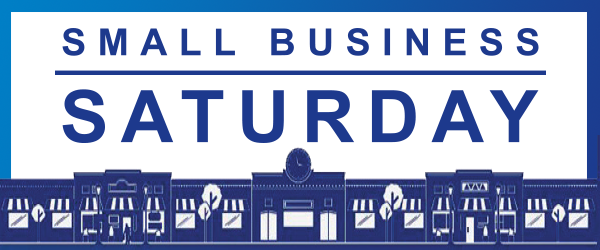SGA: Unmanifest Destiny by vain_glorious
Characters/Pairings: John Sheppard, Rodney McKay, Ronon Dex, Teyla Emmagan, Sam Carter
Rating: Unrated. I'd say, Teen.
Length: 8260
Content Notes: The author chose not to warn.
If you'd much rather know about major AO3 warnings and be spoiled for the reveal at the end, click the arrow at left. SPOILERS
John has died and it's his ghost or semi-ascended self keeping the team company on their memorial road trip. He's kind of in denial about this until the end, after which he ascends.Themes: Mystery and suspense, Road trips, Team, Friendship, AU: fork in the road
Summary: Following the events of 5X01, Team Sheppard goes to Earth and takes a roadtrip across the US.
Reccer's Notes: The team, plus newborn Torren, are back in the USA, travelling across the country and stopping at all John's favourite attractions. It should be a fun time, but they're all in unhappy moods and John can't get them to perk up at all. As the story progresses, we become aware that something's off, but it's hard to figure out what. The mystery's finally made clear in a possibly hopeful ending, depending on your point of view. It's not for those who don't like any darkness in their fics, but there's great characterisation and it's very well written, surprisingly funny at times, and the ending is powerful.
Fanwork Links: Unmanifest Destiny

